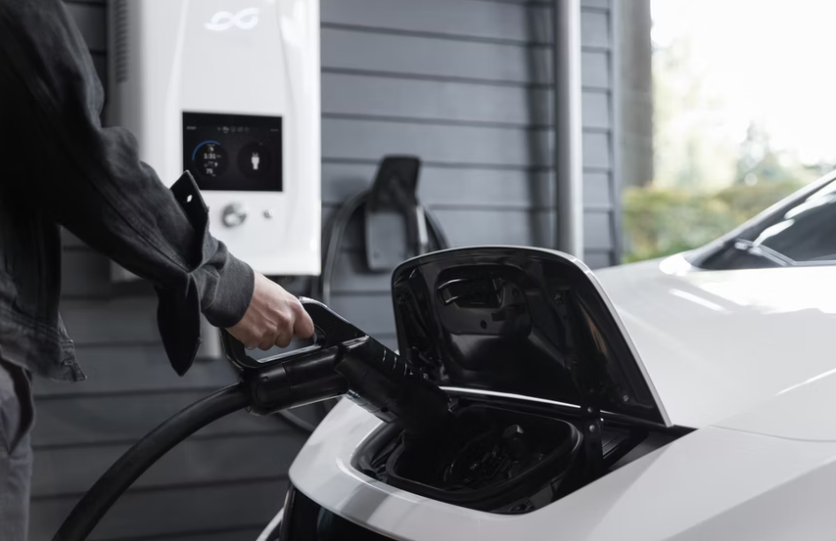
Electric vehicles or EVs are advertised to have more mile range compared to the other modern vehicles. If you own an EV, you may have wondered how long it can go with one full charge. The answer depends on a lot of factors.
Maximum Miles on a Full Charge
The UC Davis Plug-in Hybrid and Electric Vehicle or PHEV reported that the average figure for how far one charge can get you is 250 miles. Some EV models will get less mileage, and some can get 350 miles or more.
So what causes the variance in range? Why don't all electric vehicles get the same mileage out of a single charge?
The answer depends on a lot of things, including the size of the electric vehicle's battery and how the vehicle is. The driving behavior and the weather will also play a massive role in how much range you will get out of a full charge, according to How to Geek.
Also Read : Wireless Charging on the Road for Electric Vehicle Batteries? Ex-NASA Scientist's Aim Coming to Reality
According to the Electric Vehicle Database, the data collected shows a massive margin between the lowest and highest average ranges for an electric vehicle on one full charge.
At the bottom end of the spectrum is the Smart EQ for four, with an average real-world range of 55 miles, but it can be bumped up to 90 miles in ideal conditions. At the high end, the Lucid Air Dream Edition R has an average range of 430 miles.
Most electric vehicles in the mid-range get between 200 miles to 300 miles on average. The US Department of Transportation or DOT estimates that people drive an average of 13,476 miles every year or about 36 miles per day, making mid-range EVs more than sufficient to meet typical daily driving needs.
It is worth noting that all of the EVs on the market with the highest numbers of miles are more expensive, and they won't be what more drivers deal with range-wise.
Most people who are buying electric vehicles will get something that is similar to the average figure of 250 miles. As the battery technology improves, there is a possibility that the average range will increase over a couple of years.
Another important note is that the mileage estimates are for electric vehicles and battery-powered vehicles. Hybrid vehicles that switch between gas and battery for fuel will get better average mileage.
Variables that Affect an EV Range
Several variables, from battery size to weather, can affect the range of an electric vehicle. For example, extreme cold weather affects the EV's battery more quickly because the liquid components become viscous, and the reactions that produce electricity slow down.
The built-in battery heating and cooling systems can help mitigate this issue, but it is something that every EV buyers need to know.
When you run your car's heating system, it also uses power, and electric motors do not generate their own heat the way that gas-powered vehicles would.
Also, the size of an EV's battery pack is important to its range. The larger the battery pack, the more lithium-ion cells are there to store electricity to effectively power the engine.
The more stored energy, the longer the mileage. The EV battery pack capacity is measured in kilowatt-hours, and the higher the number, the more mileage it can hold.
Related Article : UK Plans to Add 300,000 Electric Vehicle Chargers in the Country by 2030
This article is owned by Tech Times
Written by Sophie Webster
ⓒ 2026 TECHTIMES.com All rights reserved. Do not reproduce without permission.




